Taiwan (Republic of China) officially uses two calendars for determining public holidays: the Gregorian calendar and the Minguo calendar. The Minguo calendar starts its numbers from 1911 when the Republic of China was founded. Taiwan uses the lunar calendar for traditional holidays that have been observed for centuries.
For 2013, the following nine occasions are declared as public official and non-working holidays. Expect offices and schools to be closed on these dates.
Taiwan Republic Day/Founding Day/New Year’s Day – Tuesday, 1 January 2013
This holiday commemorates of the establishment of the Republic of China in 1912. It coincides with the New Year’s Day of the Gregorian calendar.
Chinese New Year’s Eve – Saturday, 9 February 2013
On the day before the Chinese New Year, families prepare for the festivities and partake in a Reunion Dinner to celebrate the passing of the old year and greet the new one.
Chinese New Year – Sunday, 10 February 2013 to Wednesday, 13 February 2013
The celebration of the new year based on the lunar calendar is the most important holiday for the Chinese and is celebrated not just in the Republic of China but all over the world. It marks the first day of spring, hence it is also known as the Spring Festival. Festivities last for three days, with people enjoying feasts, preparing fireworks and giving thanks for another year. Since the first day of the 2013 Chinese New Year falls on a Sunday, the 4th day on February 13 has been added as an in lieu.
Peace Memorial Day – Thursday, 28 February 2013
This holiday commemorates the 228 Incident that occurred in 1947, when an anti-government protest ended violently under the hands of the KMT. The subject was not discussed for many years, and it was only in 1995 when it was first publicly acknowledged by President Lee Teng-hui. Each year on this date, the president of the Republic of China rings a commemorative bell in honor of the victims.
The Combined Holiday of Woman’s Day and Children’s Day – Tuesday, 4 April 2013
Children’s Day has long been celebrated in Taiwan, where schools have various activities for the children to participate in. The combined holiday began when parents (mostly the mothers) needed to accompany the children to these celebrations. The holidays were officially put together in 1991 and became a public holiday in 2007.
Qingming Festival (Tomb Sweeping Day) – Wednesday, 5 April 2013
Also known as Ancestors Day, this holiday gives the people time to tend to their family graves and pay their respects to their departed ones.
Dragon Boat Festival – Wednesday, 12 June 2013
The Dragon Boat Festival honors the death of the poet Qu Yuan, who died as protest to the widespread corruption in his hometown. This holiday is also celebrated in countries with a large Chinese population, and has become known among enthusiasts of the dragon boat sport.
Mid-Autumn Festival/Moon Festival – September 19, 2013 Thursday
The Mid-Autumn Festival celebrates the end of the harvest season. In the olden days, people would come together and celebrate in thanksgiving for a plentiful harvest. These days, it has become a holiday for families to get together. As the holiday falls during the full moon, many myths surrounding it have become associated with the holiday including the ascension of the deity Chang’e to the moon. Celebrations have been known to include lantern displays and offerings of mooncakes.
National Celebration Day/ Double Tenth – Thursday, 10 October 2013
The events of this date in 1911 began the Wuchang Uprising and led to the subsequent downfall of the Qing Dynasty. This date is considered important because it eventually brought about the establishment of the Republic of China.
Explore the rest of the world
More from my site
Article by Chris
Chris had a passion to contribute to society especially to fellow travelers like himself. He also had a passion for Southeast Asia and frequently visited. While brainstorming ideas, he decided that a travel blog dedicated to his favorite countries, Thailand and Singapore, could be more beneficial than any guidebook. Only one year later did the blog’s success bring in more writers, more countries, and more readers.
- Google+ |
- More Posts (327)
Help others get the information they need by liking or sharing our page!
Follow @followloveblab
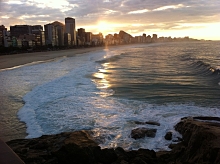 Enjoy one of the world’s most famous beaches
Enjoy one of the world’s most famous beaches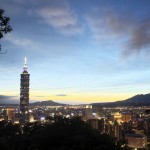
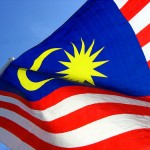
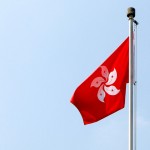
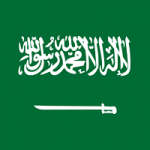
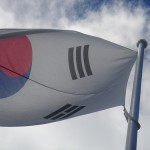
The Lantern Festival is not the Moon Festival. It is on Jan 15 in the Lunar Calendar, the first appearing day of waxing moon after the Chinese New Year.
— Jerry Wang
Taiwan
Hi Jerry! Thanks for visiting ThaHoliday, and I’m glad that you find the information here useful. The term “Lantern Festival” is sometimes used by other countries like Singapore and Malaysia for the Mid-Autumn Festival because of how they celebrate it, but it is different with the Lantern Festival celebrated in China and Taiwan during the 15th day of the first month on the Chinese Lunar calendar. I understand how the article could have caused the confusion and I’ve made some changes. I hope that helps clarify things.